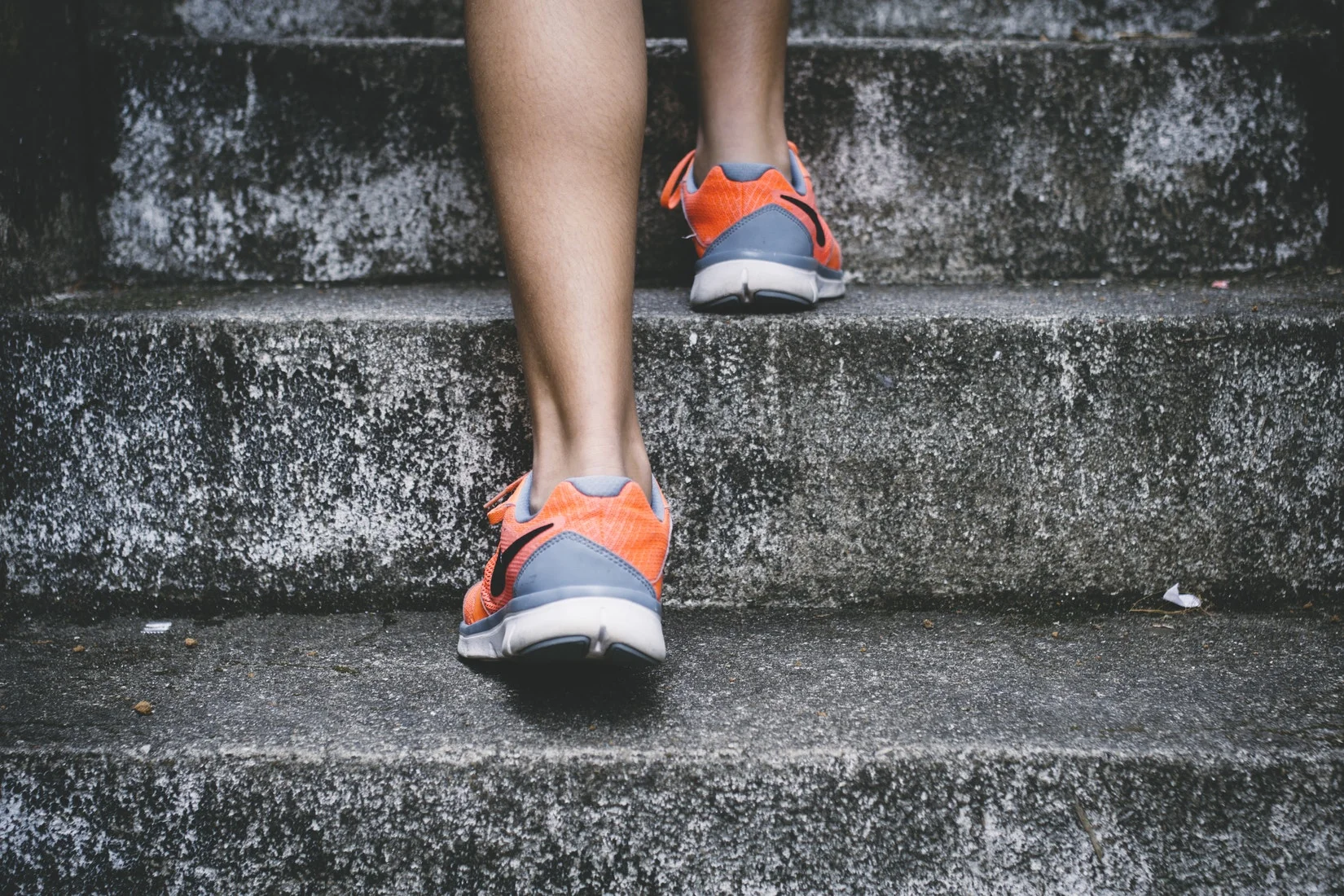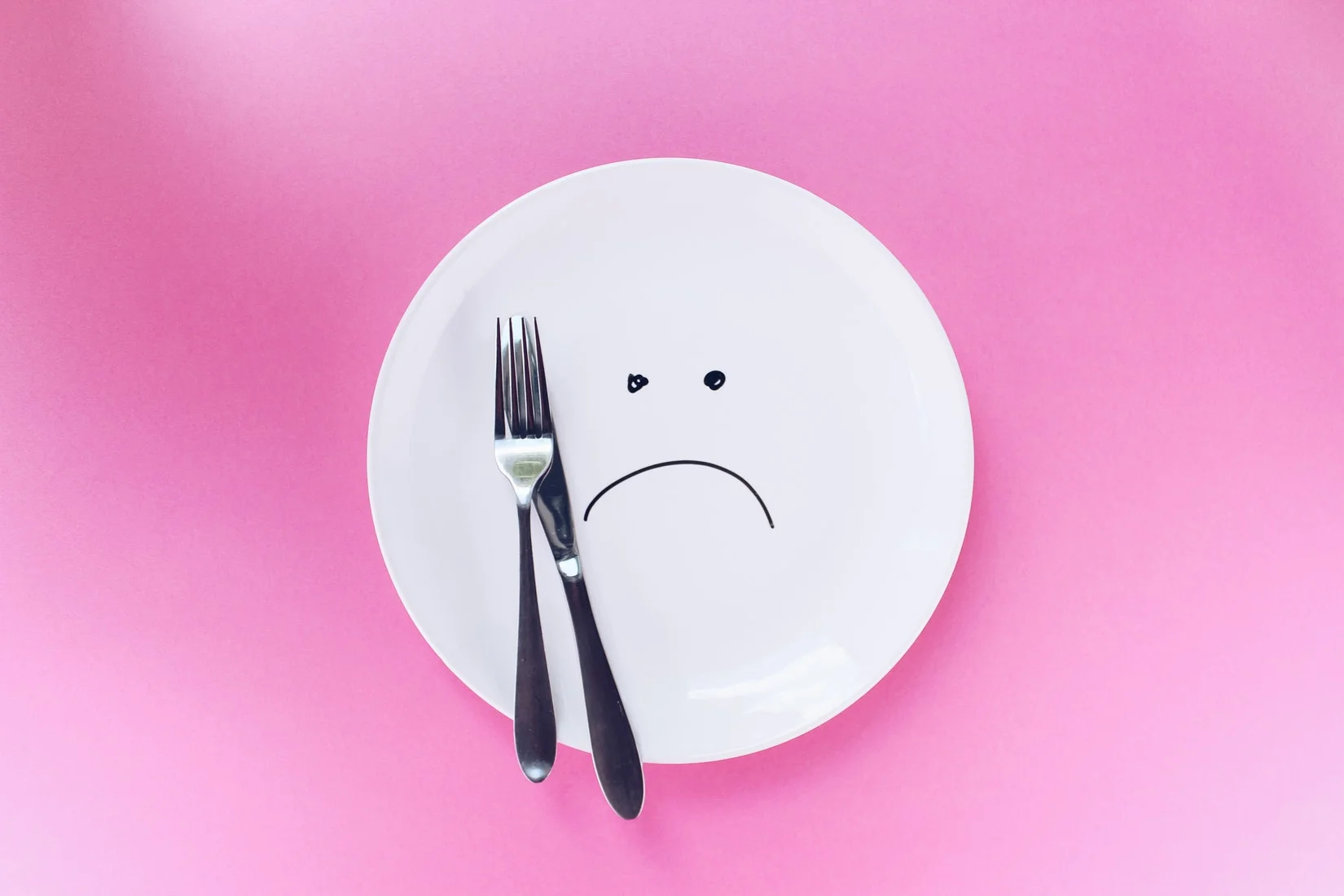This New Study Shows Which Types Of Exercise Are Better For Your Mental Health
We all have bad days — that's a given. And with the conversation around mental health opening up (finally), more and more people are willing to accept and share their darker days. There are so many things that are recommended to help us deal with them, and exercise is a natural option that has been proven countless times to help out. But what kind of exercise is the right kind to get rid of those bad mental health days? Many people look to running or jogging for a clearer mind, but what about those who'd rather something else?
A recent study was published in medical journal Lancet Psychiatry, which looked to find a more detailed link between the different types of exercise and mental health. Those in the survey were asked how many bad mental health days — described as days of dealing with stress, depression, or other emotion-based problems — they'd experienced in the previous month, and then asked about the kind of physical activity that they took part in, as well as how regularly and for how long.
The study showed that the most effective exercise to partake in were in fact team sports, with people who participated in sports like basketball and football, or even gym classes, showed to have 22.3% fewer bad days than those who don't exercise at all. Second to this came cycling, either on road or stationary. Joggers and runners indicated a 19% improvement in mental health, and even completing household chores fared 11.8% better than those opt out of physical activity. Dr Adam Chekroud, a senior author on the study believes that it's the social element of the team activities that put them on top in their findings.
A secondary analysis found that people who practiced yoga or tai chi showed 22.9% fewer bad days. Yoga and tai chi topped the Recreational Sports category listings, showing much better results than others in its group, such as horse riding and golf. Dr Chekroud puts down to the mindfulness component of both activities, which is commonly-known to improve mental health.
Not only did they look into the type of exercise that people took part in, duration and frequency were cross-referenced with the number of bad mental health days that people had. Results showed that anything between 30 and 60 minutes of exercise proved most effective, with 45 minutes being an optimal time to get moving. Dr Chekroud also pointed out that the study showed that anything above 90 minutes of exercise offered no extra benefit for your mental health. It was also found that those with less bad days in their month exercised between three and five times a week. Numbers are numbers, but this study went deep into exercise and its various forms (75 types across eight categories, no less), it's also the largest of it's kind, having had over 1.2million adults in the US take part.
Overall, the study showed that, on average, those that exercised claimed to have only 2 bad mental health days versus the 3.4 bad mental health days that those who don't exercise experienced.
So, if you're having a bad day, try to make the time to get yourself out and about, whether it be on your bike, in your running gear, or at a spin class at the gym. You just might find that it's just what your brain needs.








